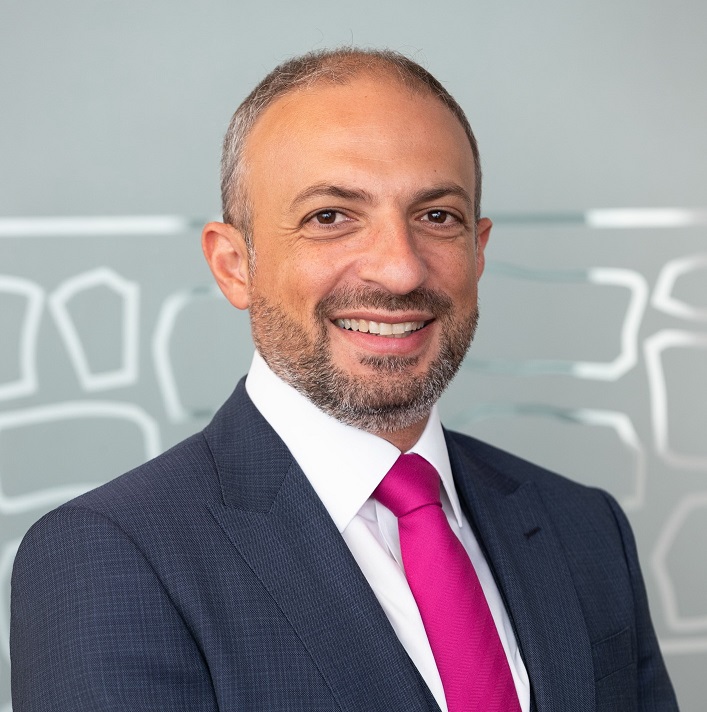 Having doubled the Aleph Hospitality hotel portfolio in 2020, founder and managing director Bani Haddad explains why the rising demand for third party management is set to continue in the wake of Covid-19.
Having doubled the Aleph Hospitality hotel portfolio in 2020, founder and managing director Bani Haddad explains why the rising demand for third party management is set to continue in the wake of Covid-19.
“As I suspect is the case for many business owners, I look back on 2020 with mixed feelings,” Haddad said.
He added: “The impact of an unforeseen pandemic was severely tested. We had to shut down our hotel operations, effectively cutting off our revenue overnight. This impacted our owners, our people and our customers, and we had to navigate new ways of looking after each stakeholder. Unable to travel, I couldn’t do this in person and our executive team was forced to operate virtually, a huge challenge considering the value we place in nurturing relationships.”
However, the crisis in the global hospitality industry caused by Covid-19 sparked a major opportunity for Aleph Hospitality in the Middle East and Africa.
“The model of third-party management, prevalent in mature markets, has been slower to take off in this region, largely because of the phenomenal performance of hotels here over the past few decades,” Haddad explained. Most owners in direct management contracts with global hotel brands have ridden the wave, without anything to spark their need to look at management alternatives.
At best, these owners are being faced with drastically reduced occupancies amid limited, socially distanced hotel operations, while at worst, they have had to shut down hotels completely in countries where tourism has ground to a devastating halt.
Today, these hotel investors and owners are united in their desire to reduce costs. They are looking at their operations with a laser-like focus, dissecting the details of their hotel’s P&Ls, fraught with what they find. At the same time, international brands are constantly having to adjust operations to comply with local regulations, while also saddled with reduced staffing after regional restructurings.
The situation means both parties are more receptive to the benefits third-party management can bring them. For owners, it’s simple; the team responsible for managing your forecasts and financials is the same team that oversees the performance of your asset, thus improving both projections and accountability. There’s also more handholding if it’s wanted, giving the owner more control over their asset, clearer visibility into operations, and better flexibility with contractual terms.
There are also numerous benefits for brands, who get to grow their brand portfolio in new markets while their third-party franchise partner manages procurement, hiring, sales and marketing, operations, accounting, IT and revenue.
For Aleph Hospitality, this fresh demand for third-party management has already translated into growth. “We ended 2019 with five operating hotels: by the end of 2020, we had doubled this to 10. We took over three hotels in Kenya and two in Addis Ababa in the latter half of last year. In the first quarter of 2021, we’ve been receiving between five and 10 enquiries a week from owners with existing assets, all wondering if there is a different way for them to manage their businesses.”
Most demand is for conversion projects, but when it comes to the profile of the asset, there’s quite a variety, from boutique resorts to medium-size city hotels. Growth will come mainly from the budget and midscale, however, with the brands and hospitality consultants driving this in markets in which we are not yet present. In the countries in which we are well established, such as Kenya, word of mouth means owners are reaching out to us directly.
“We were already expecting to achieve our five-year plan but are now fast tracking our expansion of the infrastructure of Aleph Hospitality in order to be able to offer even more support and expertise from our team of professionals.”
Haddad continued: “While we are excited to grow, we are also committed to continuing the level of commitment and dedication we have given our partners to date. By summer, we will be able to introduce our new executive team members, as well as promotions for our current people, for whose loyalty throughout these turbulent times we are unspeakably grateful.”

















